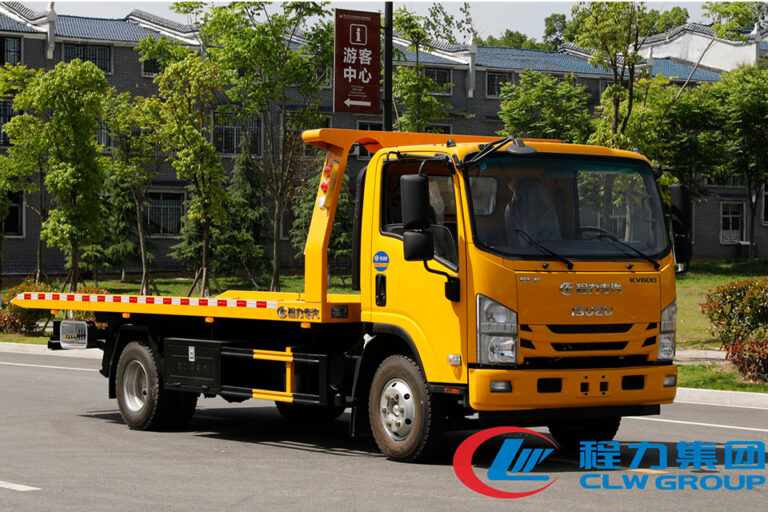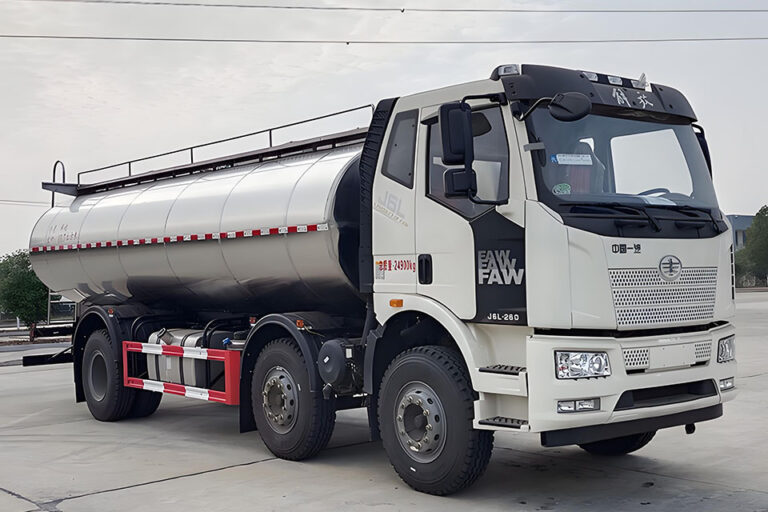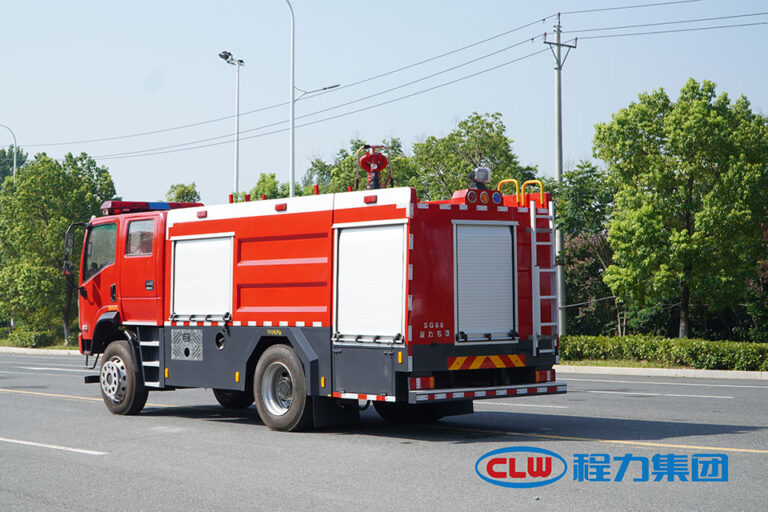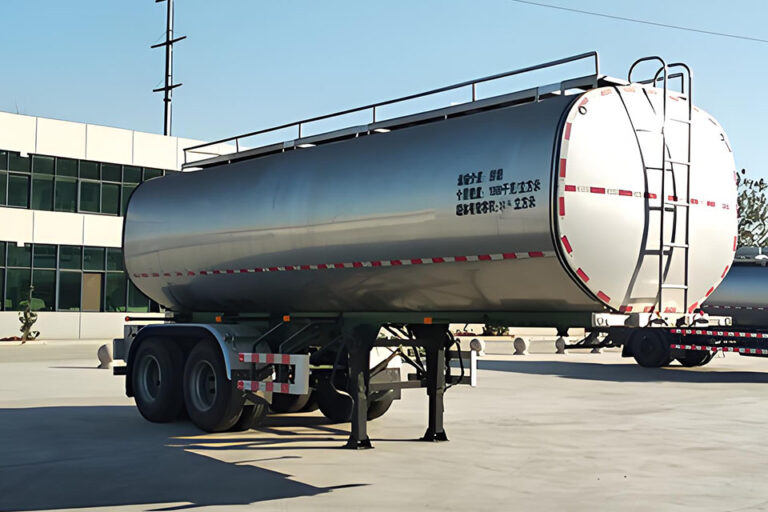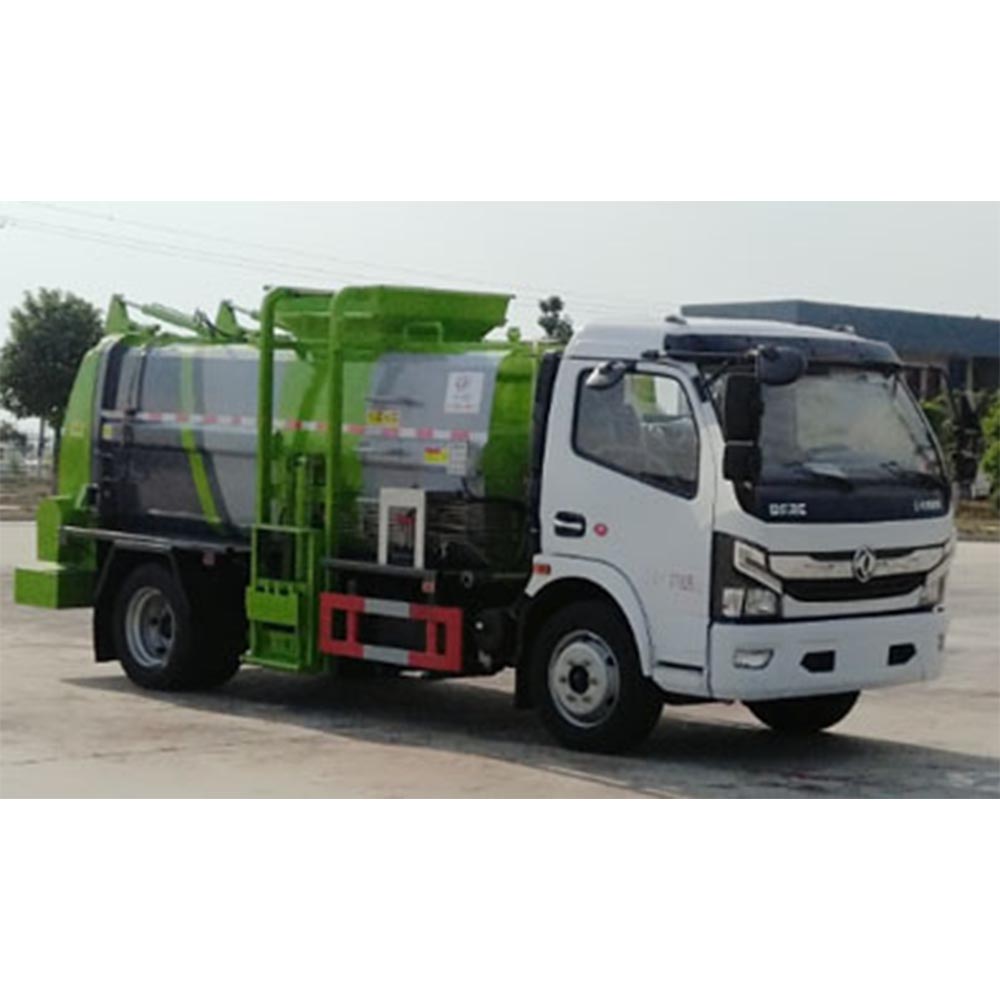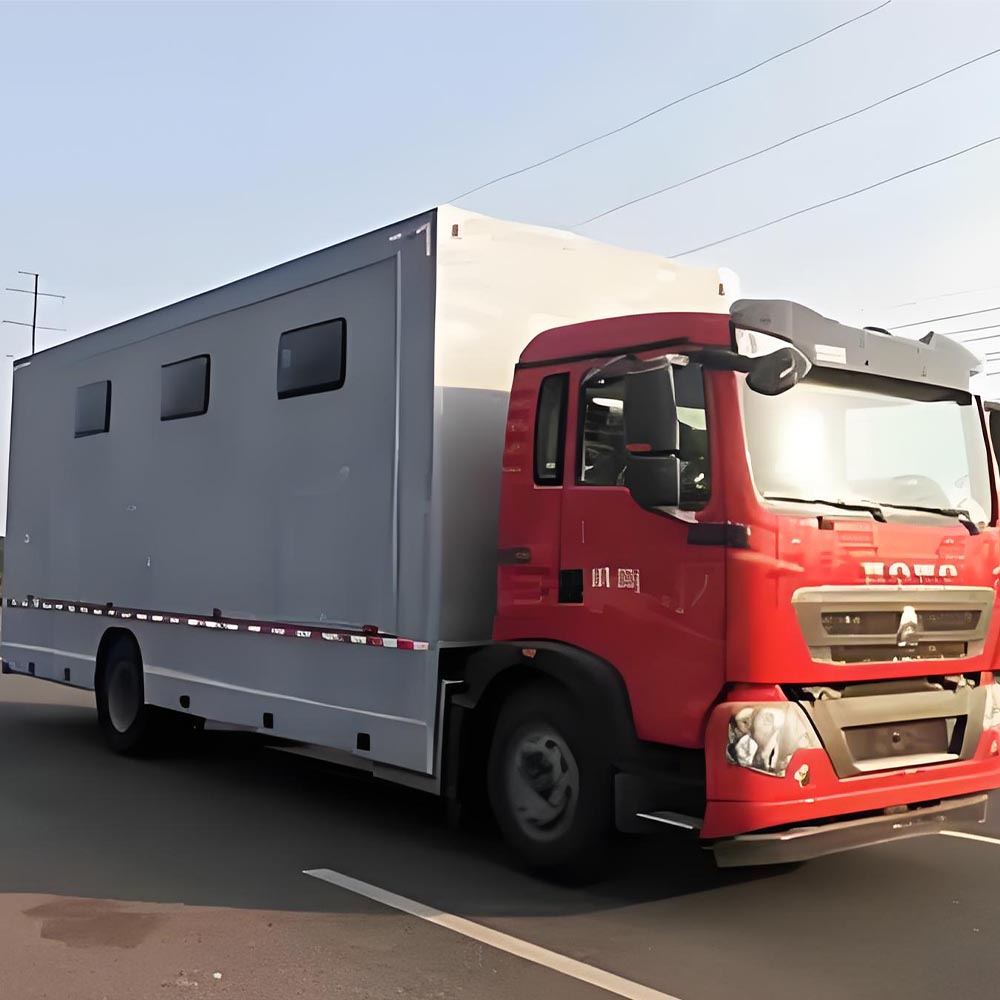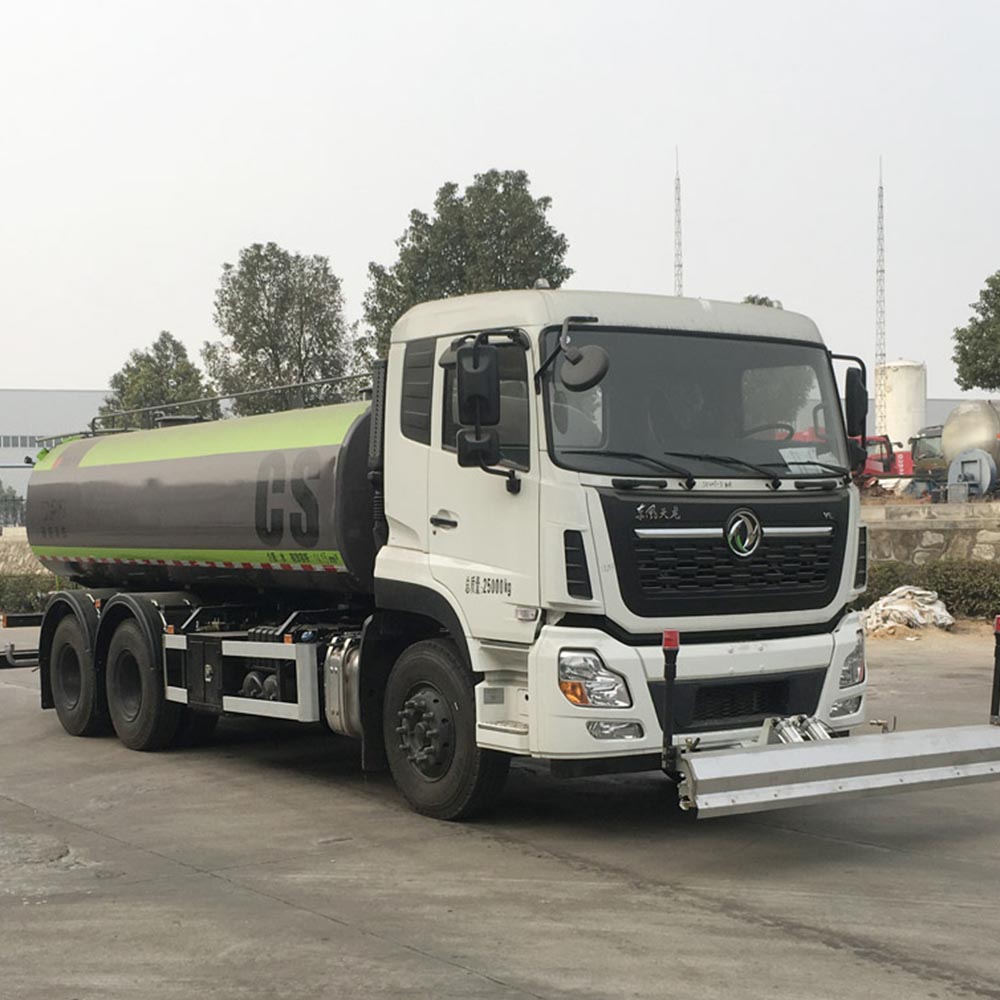-
Chengli Automobile Industry Park
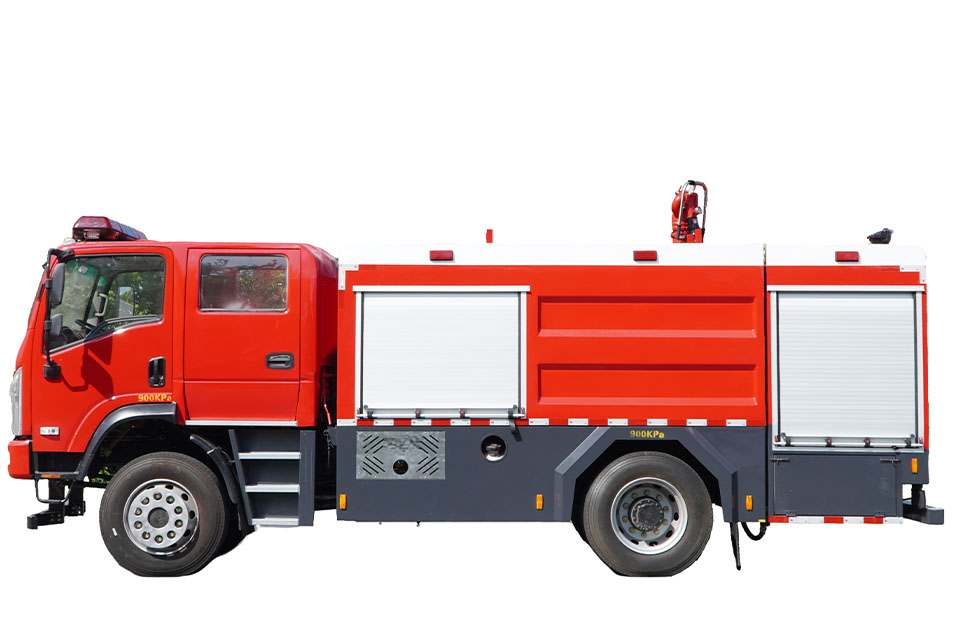
What are the most common fire trucks?
What Are the Most Common Fire Trucks?
Fire trucks help us stay safe. They come to help when there is a fire. Let’s look at the most common types of fire trucks. We will see what they do and why they are so important.
Table of Contents
The Main Types of Fire Trucks
Fire trucks come in many types. Each one has a special job. Here are the most common ones you will see on the roads:
Common Fire Trucks
Water Capacity of Different Fire Trucks
Cost Range of Different Fire Trucks (USD)
Common Fire Truck Types
Structural
Fire Engine
Rescue Truck
Pumper Truck
Tanker Truck
Airport Crash (ARFF)
Type 1: Structural Fire Engines
The Type 1 Structural Fire Engine is the most common fire truck you will see. These big red trucks go to most fires. They have:
- Water tanks
- Pumps for water
- Tools for firefighters
- Medical gear
These trucks are based on regular truck frames but are made stronger. Firefighters use them in cities and towns to fight building fires.
Rescue Trucks
Rescue trucks help when people are stuck. They come with special tools to get people out of cars after crashes. Some models include:
- US Fire Freightliner Commercial Rescue – these are big trucks with lots of tools
- Dodge Ram 4×4 Wet Rescue – these have 250-gallon water tanks and foam systems
Rescue trucks have bright LED lights so everyone can see them at night.
Pumper Trucks
Pumper trucks mix the jobs of fire trucks and fire engines. They:
- Carry water (1,500-3,000 gallons)
- Have strong pumps (Hale 500-1,500 GPM)
- Bring firefighters to the fire
- Carry hoses and tools
Small fire departments like these trucks because they can do many jobs with just one truck.
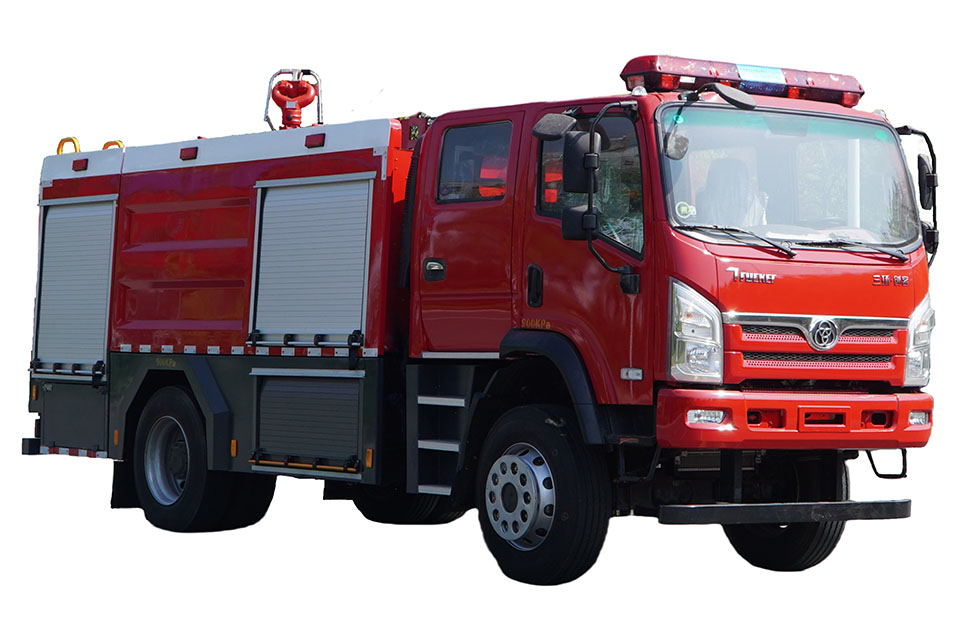
Airport Crash Trucks (ARFF)
Airport crash trucks are made to put out fires on planes. These special trucks:
- Have foam systems for fuel fires
- Can move very fast
- Have special agents to fight hot fires
These trucks must follow strict rules from NFPA 1900 standards.
Tanker Trucks
Tanker trucks carry lots of water to fires in places with no fire hydrants. They have:
- Big tanks (1,500-3,400 gallons)
- Strong frames
- Diesel engines (like Cummins or Paccar)
Rural fire departments need these trucks the most.
Fire Truck Data and Statistics
Let’s look at some facts about fire trucks:
| Type of Fire Truck | Water Capacity | Cost Range | Main Users |
|---|---|---|---|
| Structural Fire Engine | 500-1,000 gallons | $200K-$2M | Urban/rural departments |
| Rescue Trucks | 0-250 gallons | $150K-$800K | Technical rescue teams |
| Pumper Trucks | 1,500-3,000 gallons | $300K-$1.5M | Small/mid departments |
| Airport Crash (ARFF) | Varies + foam | $500K-$2M+ | Airports, military |
| Tanker Trucks | 1,500-3,400 gallons | $250K-$1M | Rural departments |
How Fire Departments Choose Trucks
Fire departments must think about many things when they buy a truck:
- Where they work – city or country?
- How much money they have
- What kinds of fires they fight most
- How many firefighters they have
Small towns often pick pumper trucks because they can do many jobs. Big cities might need special trucks for tall buildings.
New Fire Truck Technology
Fire trucks are getting better technology every year:
- LED lighting on 75% of new trucks
- Diagnostic systems to check the truck’s health
- Electric and hybrid trucks to make less pollution
- 4×4 systems for off-road use
The Heavy-Duty Emergency Rescue Vehicle shows how trucks are getting more advanced.
Fire Truck Costs
Fire trucks cost a lot of money:
- New trucks: $200,000 to $2,000,000
- Used trucks: $15,000 to $150,000
- Yearly maintenance: $5,000 to $20,000
Small towns often get help from the government to pay for trucks. Some share trucks with nearby towns.
Special Fire Truck Features
Modern fire trucks have cool features:
- Foam systems to fight fuel fires
- Cummins diesel engines for power
- Tandem axles for carrying more water
- Command centers with computers
- Rescue tools like the Jaws of Life
The Dry Powder and Foam Fire Truck has special systems to fight different types of fires.
What Makes a Good Fire Truck?
Good fire trucks have:
- Strong frames that last many years
- Big water tanks to fight fires
- Room for tools the firefighters need
- Safety features to keep firefighters safe
- Good lights to see at night
The best trucks match what the fire department needs.
Types of Fires and Trucks That Fight Them
Different fires need different trucks:
- House fires – Type 1 Structural Engines
- Car crashes – Rescue Trucks
- Forest fires – Wildland Fire Trucks
- Plane crashes – ARFF Trucks
- Chemical spills – Hazmat Trucks
Fire departments must think about what fires they fight most when they buy trucks.
Parts of a Fire Truck
All fire trucks have these main parts:
- Cab – where firefighters sit
- Pump – moves the water
- Tank – holds the water
- Hose bed – stores the hoses
- Compartments – hold tools
- Ladder rack – holds ladders
The Emergency Fire Rescue Truck shows how all these parts work together.
How to Keep Fire Trucks Working Well
Fire trucks need good care to last long:
- Check the engine every week
- Test the pump every month
- Clean the truck after each fire
- Fix problems right away
- Keep records of all work done
Good care helps trucks last 15-20 years.
Fire Truck Training
Firefighters must learn how to use their trucks:
- How to drive big trucks
- How to work the pumps
- How to use all the tools
- How to fix small problems
- How to keep everyone safe
Training never stops for firefighters.
Fire Trucks Around the World
Fire trucks are a bit different in each country:
- USA: Big, red trucks with lots of tools
- Europe: Smaller, more compact trucks
- Asia: Trucks built for tight city streets
- Australia: Trucks made for brush fires
But they all do the same job – helping people in danger.
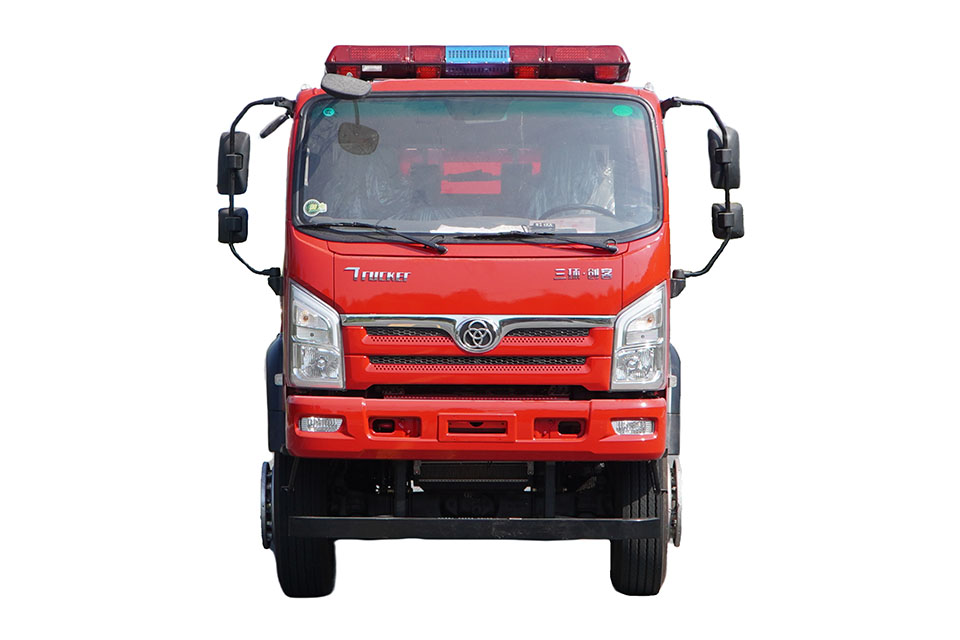
Conclusion
Fire trucks are very important tools that help save lives. The most common types are structural engines, rescue trucks, pumper trucks, airport crash trucks, and tanker trucks. Each has a special job to do.
The next time you see a fire truck, you will know more about what type it is and what jobs it can do. Fire trucks help keep us all safe!

